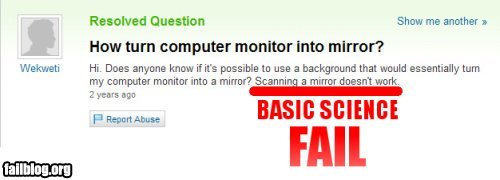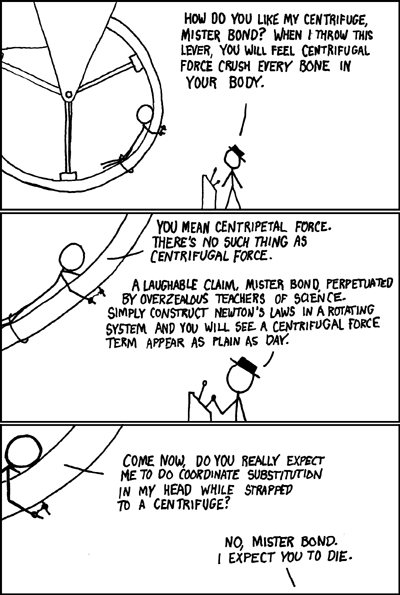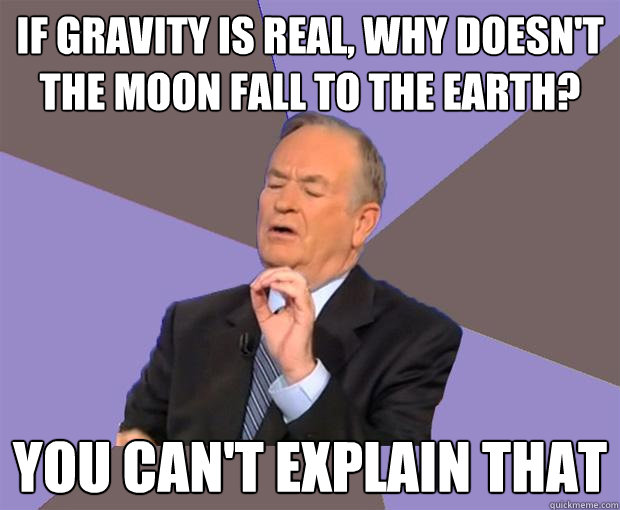
[Image: http://25.media.tumblr.com/5KwO8p82JgilhvccvsumgOG7o1_500.jpg]
Not awesome. Now there is a lot of variance from school to school, but overall the United States is failing at teaching science. There are a number of tests, both intranational and international, which measure performance across school systems. I will focus this blog on PISA.
PISA, the Programme for International Student Assessment, is a test given every three years to fifteen-year-old students around the world with sixty currently participating countries. The purpose is to allow these countries to benchmark their progress in reading, mathematics, and science literacy over time and with other nations. Questions are organized into 13 testing booklets that students take selections from, each booklet with 2 clusters of questions. Every three years the test focuses more on one of the three areas, the most recent having focused on reading.
Reflecting a current trend and emphasis on open-ended inquiry, PISA offers some straightforward multiple choice questions as well as open-ended questions. They are grouped into units in with a few questions about a real-life topic. PISA uses the term “science literacy” to express a student’s knowledge of science content and ability to apply this knowledge to real-life situations and new contexts. They break this term down further into four aspects: context (recognizing science situations), knowledge (knowing science content information as well as science inquiry, experiments, and analysis), competencies (identifying science issues, and using evidence), and attitudes (showing interest and support in science as well as letting science inspire you to act responsibly with life choices). Furthermore, PISA also broke down units into sections of health, natural resources, environment, hazard, and frontiers of science and technology. At every level, the test asks students to consider science with regards to their personal lives, their surrounding community, and the world at large.
The cool thing about PISA is it takes a real-life dilemma and probes students about it. Although we don't often teach a unit directly on acid rain, we should train our students with the ability to assess questions on acid rain. A sample question on acid rain asked the students about an experiment in which a piece of marble was placed in regular water and rainwater and the student measured the mass loss after the marble was submerged for a day.
Sadly, students in the United States overall did pretty poorly. Only 9.2% of students scored at a 5 or 6 (out of 6) proficiency. Finland had 18.7% score at a 5 or 6, and many more students at level 3 and 4 than we did. Other countries that whipped our butts were New Zealand, Japan, Australia, and Germany.
Also, Finland is gorgeous.
[Image: http://www.mr-photography.com/galleries/helsinki_winter10/mr100111_img_1880.jpg]
Below is the 2009 PISA science data for the average score in the "science literary scale", a scale designed to have a mean of 500 with a standard deviation of 100. I took this off of the PISA report, which you can find for free online at this link http://nces.ed.gov/pubs2011/2011004.pdf. It's scary to see Shanghai being nearly a standard deviation higher than we are (so there is a lot of room for growth), but at least US is around the median score (so we aren't terrible by world standards, we are just mediocre).
I think the main thing to take from this is that clearly South and North Korea have united.
Now there is some room for hope. Certain states have performed on par with these countries in the past decade (New Hampshire, Michigan, Minnesota, and others). We have success in our backyard. I think the biggest thing we need to look at is how to recruit high-caliber teachers. I read a very sad fact in my book for class, Surpassing Shanghai (Link to Amazon). It quotes on p. 180: "The College Board reported in 2008 that when high school graduates going on to college were asked what their intended major was, those who had decided on education scored in the bottom third of their SATs. Their combined scores in mathematics and reading came in at fifty-seven points below the national average." Keep in mind, our national SAT average is not stalwart.
So if you are a reader out there and you are intelligent, please consider teaching because gosh darn it we need you! Furthermore, if you are an educator, let's be proud in our calling. We have the privilege of serving our youth. Believe that they can succeed and teach as if you are a student learning to get better at your craft daily. We can reach our kids if we work hard and love them.









